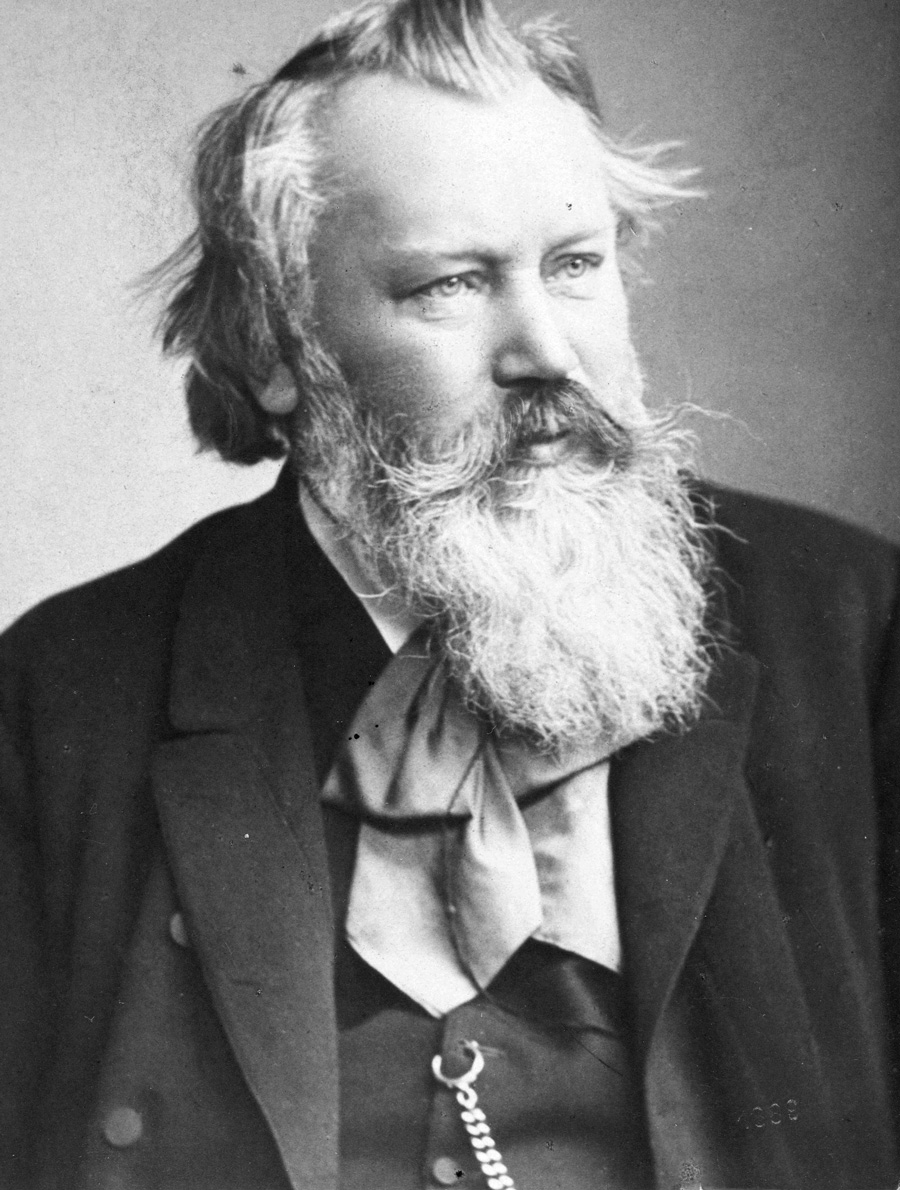
CHAMBER MUSIC FESTIVAL 2018
4th Concert - Memorial
Sat 1.9
Public figures, close friends and mentors have often been the stimulus of artistic creation and dedications.
Brahms' late masterpiece, the clarinet quintet has always been a remarkable example of accumulated knowledge and experience by the great German romantic. It was the celebrated clarinetist Richard Muhlfeld who inspired and finally changed the composer's decision from retirement.
In the case of young Gustav Mahler and his piano quartet, his Muse is actually unknown. However, the expression and emotions of the music are so deep that is doubtful whether the 16 year old boy had been influenced only by the beauty of the moravian countryside.
As a conclusion, Tchaikovsky's great piano trio is without doubt a grand tribute to a big artist and mentor of the composer. Within its two long movements, intensity and drama reach their climax.
The last concert of this year's festival is a farewell of a great friend. Elements from all the previous concerts -light, spirituality,images- come together to enlight his personality and the moments spent together. It is a tribute to a great friendship.
Johannes Brahms - Brahms - Clarinet Quintet
37'
Gustav Mahler - Mahler - Piano Quartet in A minor
11'
Pyotr Ilyich Tchaikovsky - Tchaikovsky - Piano Trio in A minor
56'
Book your tickets
Safely book your tickets online
Light & Darkness arrow_forwardSpiritual in Music arrow_forward
Images arrow_forward
Memorial arrow_forward
Special 4-Day Pass arrow_forward
Book your tickets
- Online at ticketservices.grarrow_forward
Concert
Works
CHAMBER MUSIC FESTIVAL 2018

Johannes Brahms
Clarinet Quintet in B Minor
OP. 115
During the 1880s, while in his mid-fifties, Brahms retired from composing, believing he had exhausted his creative output. However, It was from hearing the performances of clarinetist Richard Mühlfeld (1856-1907) in the Meiningen Court Orchestra that inspired Brahms to compose again. It is to Mühlfeld, whom Brahms affectionately named “Fräulein Klarinette”, that we owe the Clarinet Trio, the Clarinet Quintet, and the two Clarinet Sonatas.
Brahms composed his quintet in 1891 and its public premiere took place on December 12, 1891 in Berlin. Brahms' four-movement masterwork takes you on an incredible journey; a journey of great beauty, deep introspection, yearning, and melancholy. The writing for the clarinet is absolute perfection and the ensemble writing highlights every glorious color of the instrumental combination. The Quintet features dark tonal hues, lush textures, and singing vocal lines, contrasting with the virtuosic "Hungarian" section of the second movement, and an occasional optimistic moment in the brilliant variations of the fourth movement.
MOVEMENTS
I. Allegro
II. Adagio
III. Andantino - Presto non assai, ma con sentimento
IV. Con moto

Gustav Mahler
Piano Quartet in A minor
Towards the end of Gustav Mahler’s life his symphonies began to draw more widespread admiration. His popularity has continued to grow, and Mahler is now widely regarded as a master of symphony and song. Apart from his symphonies, although he claimed to have written hundreds of songs, several theatrical works and various chamber music compositions, a single movement of the Piano Quartet in A minor is the only surviving piece of chamber music without voice composed by Mahler.
It was composed towards the end of his first year at the Vienna Conservatory, when he was around 15 or 16 years of age. The piano quartet shows the influence of Schumann and Brahms. It is an interesting and important work because it is virtually the only example of his early writing which provides us with a view of his early compositional technique, which as one can hear, was quite developed at this early date. Conveying a sense of passion and longing, Mahler presents three contrasting themes within a strict formal design. It remained unpublished until the late 1970's.
MOVEMENTS
I. Nicht zu schnell

Pyotr Ilyich Tchaikovsky
Piano Trio in A minor
Op. 50
The idea for writing a piano trio came from Tchaikovsky's generous and strange patron Nadezhda von Meck who stipulated that they never meet each other in person. She passed the suggestion to Tchaikovsky who reluctantly took the idea, waited for inspiration and subsequently produced a gigantic work, one of the longest piano trios in the repertoire. Tchaikovsky dedicated the trio "To the memory of a great artist", referring to his friend and teacher Nicholas Rubinstein, the founder of the Moscow Conservatory whose death in 1881 consumed Tchaikovsky with grief. It has been said that the central theme and variations programmatically describes memories of times they spent together.
It’s elegiac character, effulgent emotionality, rich textures and melodies make the piano trio a truly one-of-a-kind work, which occupies its own unique niche apart from the standard repertoire of 19th century European trios.
MOVEMENTS
I. Pezzo elegiaco. Moderato assai - Allegro giusto
II. Tema con variazioni: Andante con moto - Variazioni finale e coda


